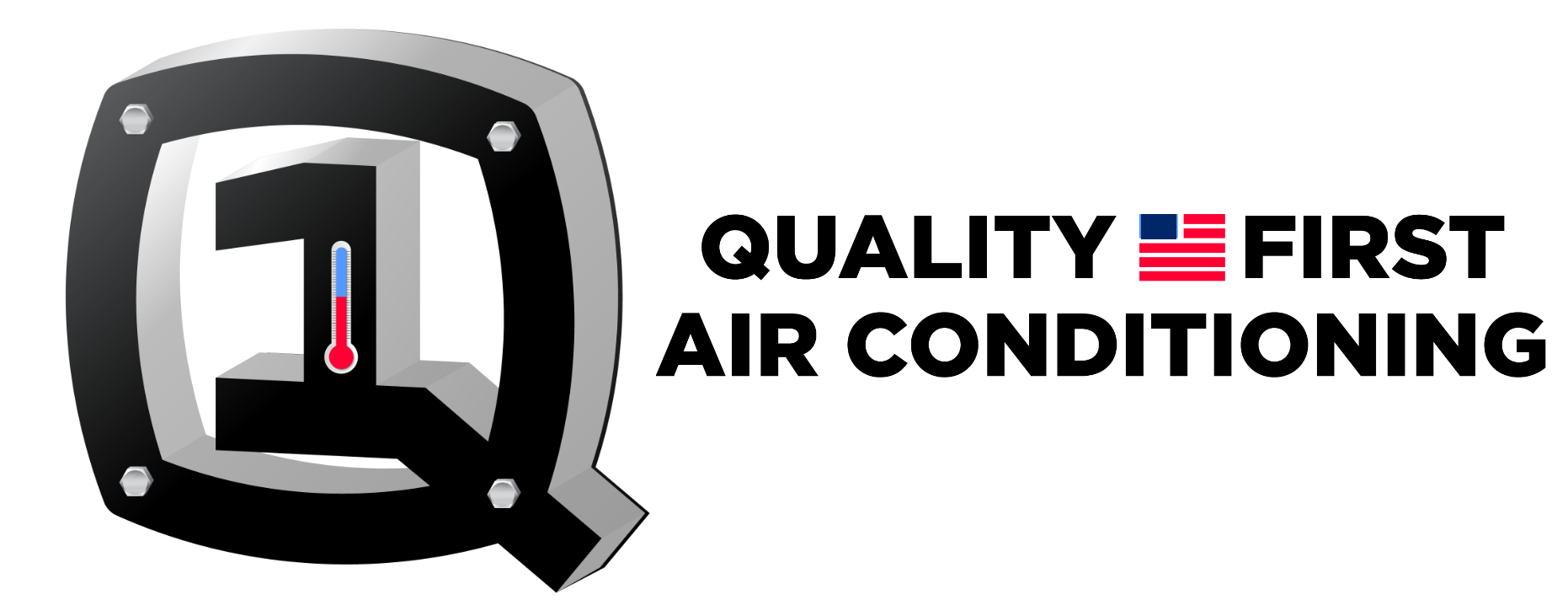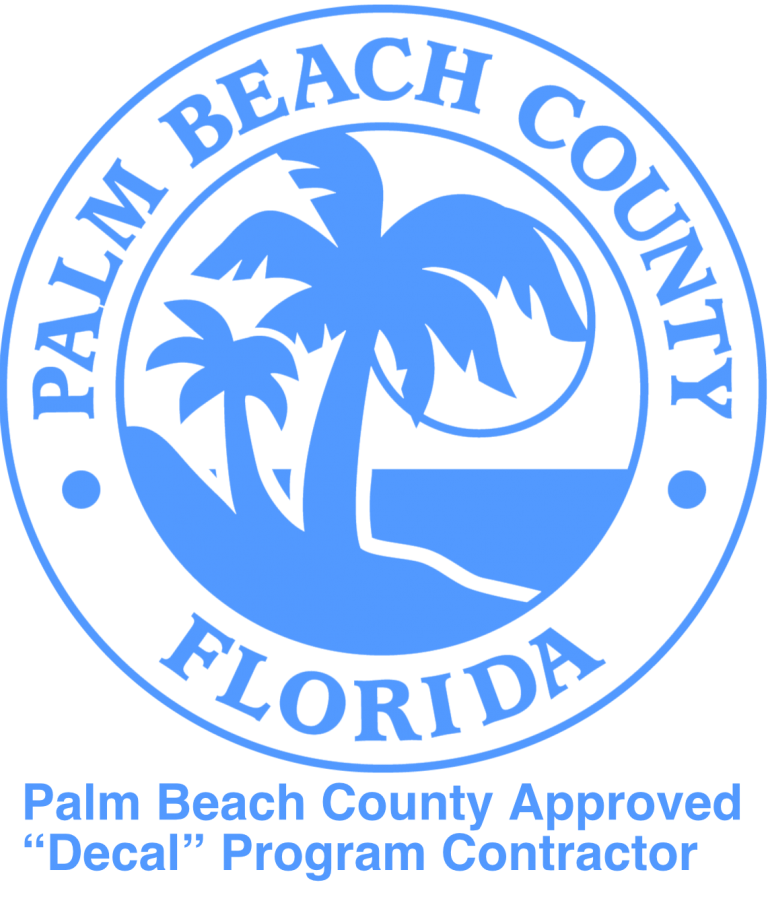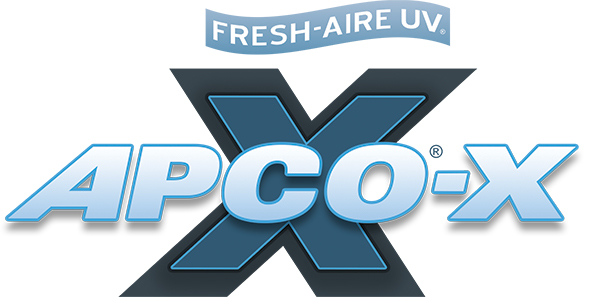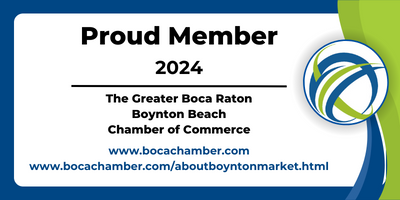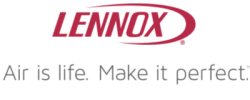-
Air Conditioning Replacement: Understanding Costs & Benefits
-
-
Can I repair my air conditioning unit instead of replacing it?
-
What factors affect the costs of air conditioning replacement?
-
How do I know when it’s time to replace my air conditioning unit?
-
What are the benefits of replacing my air conditioning unit?
-
Are there any incentives available for replacing my air conditioning system?
-
When your home feels more like a sauna than a sanctuary, it’s time to consider air conditioning replacement. Say goodbye to outdated units struggling to keep up with the heat and welcome the cool breeze of modern efficiency into your space. With advanced technology and energy-saving features, upgrading your air conditioning system can transform your living environment from sweltering to soothing in no time. Don’t settle for mediocre performance when you can enjoy optimal comfort and lower energy bills with a new air conditioning unit. Make the switch today and experience the refreshing difference firsthand.
Key Takeaways
-
Consider Repair vs. Replacement: Evaluate the cost of repairs versus a new unit to make an informed decision.
-
Be Aware of Replacement Costs: Understand the expenses involved in replacing your air conditioning system to budget effectively.
-
Factors Impacting Costs: Factors like unit size, efficiency ratings, and additional features can influence the overall cost of replacement.
-
Recognize Signs for Replacement: Look out for signs like frequent breakdowns, inefficient cooling, and unusual noises indicating the need for a new AC unit.
-
Embrace the Benefits of Replacement: Enjoy improved energy efficiency, enhanced indoor comfort, and reduced maintenance with a new air conditioning system.
-
Explore Incentives for Replacement: Research rebates, tax credits, and manufacturer promotions that can help offset the cost of upgrading your AC unit.
Deciding Between Repair or Replacement
Repair Costs
Before making a decision on air conditioning replacement, it’s crucial to assess potential repair costs. By estimating the expenses of repairing your current unit, you can weigh them against the cost of a replacement. Factor in not just the immediate repair costs but also the long-term savings that a new unit might offer. The age of your current system plays a significant role in this evaluation process.
Unit Age
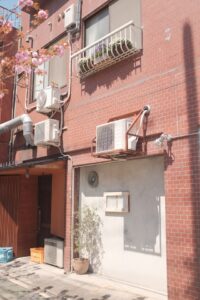
Determining the age of your air conditioning unit is essential in deciding whether to replace it. Older units tend to require more frequent repairs, leading to higher maintenance costs. As units age, they become less energy-efficient, resulting in increased utility bills. If your unit is approaching or has exceeded its typical lifespan, replacing it could be more cost-effective in the long run.
Energy Efficiency
Assessing the energy efficiency of your current air conditioning unit is vital for making an informed decision about replacement. Look for units with Energy Star ratings, indicating high efficiency and lower energy consumption. Upgrading to a more energy-efficient model not only reduces your carbon footprint but also leads to substantial savings on your monthly utility bills.
Repair vs Replace
When deliberating between repairing or replacing your air conditioning unit, consider various factors beyond just immediate costs. Compare the expenses involved in repairing your current unit with those of purchasing a new one. Think about the long-term benefits such as enhanced energy savings and improved overall performance that a replacement could offer. Moreover, take into account how frequently repairs are needed for your current unit to make a well-informed decision.
Understanding Replacement Costs
Equipment Prices
Research different HVAC unit prices to find one within your budget. Consider long-term savings with a more efficient unit. Look for special financing options for affordability.
Installation Fees
Inquire about installation fees upfront to avoid surprises. Ask about additional charges for specific requirements. Compare fees from different providers for the best deal.
Additional Accessories
Explore smart thermostats or air purifiers to enhance your system. Consider adding zoning systems for better control. Discuss benefits with your installer.
HVAC Price Influences
Understand factors like brand, size, and features that affect prices. Compare prices across manufacturers for value. Consider long-term savings and benefits in your evaluation.
Factors Affecting Costs
Efficiency Evaluation
Assess the efficiency of your current HVAC system by checking its energy consumption and performance. Look for signs like uneven cooling or increased energy bills, indicating inefficiency. Upgrading to a more efficient unit can lead to significant energy savings.
Consider upgrading to a more efficient unit to improve overall performance.
Installation Considerations
When planning HVAC installation, consider the layout and size of your home. Discuss any specific considerations with your installer to ensure a smooth process. Proper ventilation and spacing are crucial for the optimal performance of the new system.
-
Proper ventilation and spacing are crucial for optimal performance.
-
Discuss any specific installation considerations with your installer.
System Matching
Home Residency Duration
Signs You Need AC Replacement
Faulty Indicators
If your air conditioning system constantly needs repairs and is over 10-15 years old, it may be time for a replacement. Frequent breakdowns signal underlying issues that could be more cost-effective to address through replacement.
Moreover, if you notice inconsistent cooling, strange noises, or unpleasant odors coming from your AC unit, these are clear signs it’s time for a replacement.
Maintenance Importance
Regular maintenance of air conditioning systems is crucial in prolonging their lifespan and ensuring optimal performance. Scheduled inspections can help detect minor issues before they escalate into major problems, potentially saving you from costly replacements.
By cleaning or replacing filters, checking refrigerant levels, and inspecting ductwork annually, you can extend the longevity of your AC unit.
Energy Bill Impact
An aging or faulty air conditioning system can significantly impact your energy bills. When units become less efficient due to wear and tear, they consume more energy to maintain the desired temperature. This leads to higher electricity costs month after month.
Replacing an outdated AC system with a newer, energy-efficient model can result in substantial savings on your monthly utility bills.
Efficiency Decline
As air conditioning systems age, their efficiency naturally declines. Older units struggle to cool spaces effectively and may require longer run times to achieve the desired temperature. This inefficiency not only affects comfort but also increases energy consumption.
Upgrading to a modern, high-efficiency AC unit can improve cooling performance while reducing energy usage and overall operating costs.
Benefits of AC Replacement
Improved Efficiency
Upgrading your air conditioning system can significantly boost its efficiency, leading to lower energy consumption. This results in reduced wear and tear on the unit, extending its lifespan.
Replacing an old AC with a modern, energy-efficient model can enhance cooling performance, ensuring your home stays comfortable even during scorching summers. The improved efficiency also translates to better airflow and consistent temperatures throughout your living space.
Lower Energy Bills
By installing a new air conditioner, you can experience substantial savings on your monthly energy bills. Modern units are designed to operate more efficiently, consuming less power while delivering optimal cooling performance.
With advancements in technology, newer AC models are equipped with features like programmable thermostats and energy-saving modes, allowing you to regulate usage and minimize energy wastage. This translates to long-term cost savings for homeowners.
Incentive Programs
Tax Credits
When you opt for an energy-efficient air conditioning replacement, you may be eligible for tax credits offered by government incentives. These credits serve as financial rewards for choosing environmentally friendly options that reduce energy consumption.
Rebates
In addition to tax credits, many utility companies offer rebates to encourage homeowners to upgrade their HVAC systems. These rebates provide financial incentives that help offset the initial costs of purchasing and installing a new air conditioner.
Incentives for Replacement
Tax Credits Details
Tax credits for replacement of air conditioning systems can significantly reduce the overall cost burden. These credits are often offered by the government as an incentive to encourage energy-efficient upgrades. Homeowners can claim a specific amount on their taxes, providing a direct financial benefit.
The eligibility criteria for these tax credits typically require the new system to meet certain energy efficiency standards. For instance, Energy Star-rated systems often qualify for these credits due to their reduced energy consumption. Homeowners should keep receipts and documentation of the purchase and installation to claim the credit accurately.
Rebate Opportunities
Replacement of an old air conditioning unit may also open doors to rebate opportunities from utility companies or manufacturers. These rebates serve as instant discounts on the purchase price or installation costs, making it more affordable for homeowners to upgrade their systems. Rebates vary in amount and availability based on location and system specifications.
Rebates can range from a few hundred dollars to even covering a significant portion of the total replacement cost. Some programs may require homeowners to meet specific criteria, such as using certified technicians or purchasing high-efficiency units. Researching available rebates in advance can help maximize savings during the replacement process.
Financing Options
For homeowners looking to spread out the cost of replacement, various financing options are available. Loans specifically designed for home improvement projects, including air conditioning upgrades, offer flexibility in repayment terms and interest rates. Home equity loans or lines of credit are common choices for funding larger projects.
e HVAC companies partner with financial institutions to provide financing plans tailored to replacement projects. These plans may include low or zero-interest options for a certain period, allowing homeowners to manage payments effectively. Exploring different financing routes enables homeowners to select the option that best suits their financial situation.
Preparing for AC Replacement
Assessing Repair Worth
When facing frequent breakdowns or escalating repair costs, it may be time to evaluate the worth of repairing your air conditioner.
Consider the age of your AC unit; if it’s approaching or exceeding its life expectancy, replacement might be more cost-effective.
Evaluate the overall condition of your air conditioner, including major components like the compressor and evaporator coil.
Matching Efficiency Needs
Assess your current cooling requirements to determine the appropriate size and efficiency rating for a new air conditioner.
Look for units with a high Seasonal Energy Efficiency Ratio (SEER) rating to ensure optimal energy efficiency and cost savings in the long run.
Consider factors like insulation, home size, and regional climate when selecting an air conditioner to match your efficiency needs.
Consider Financing
Explore financing options such as manufacturer rebates, tax credits, or low-interest loans to help offset the upfront cost of AC replacement.
Check with local utility companies for any available incentives or rebates that could further reduce the financial burden of replacing your air conditioner.
Research different financing plans offered by HVAC companies or banks to find a suitable option that fits your budget and financial goals.
Installation Process Overview
Choosing the Right Installer
When selecting an installer for your air conditioning replacement, ensure they are licensed and certified. Look for companies with positive customer reviews to guarantee quality service. Ask for quotes from multiple installers to compare prices and services offered.
-
Check for licenses and certifications
-
Seek out positive customer feedback
-
Obtain quotes from various installers
Installation Timeline
The installation process typically takes around 1-2 days depending on the complexity of the system. Ensure you schedule the replacement during a time when you can be home to oversee the process. Clear your calendar for the installation day to avoid interruptions.
-
Installation usually lasts 1-2 days
-
Plan to be present during the replacement
-
Keep your schedule clear on installation day
Post-Installation Tips
After the AC replacement, make sure to follow all maintenance guidelines provided by the installer. Monitor the system closely in the initial days to ensure it is functioning correctly. Contact the installer immediately if you notice any issues or irregularities.
-
Adhere to maintenance instructions
-
Monitor system performance post-installation
-
Report any problems promptly to the installer
Maintaining Your New AC Unit
Regular Maintenance Tips
To ensure optimal performance, regularly clean or replace the filters in your air conditioning units every 1-3 months. Clean filters promote better airflow and reduce strain on the system. Check for any debris around the outdoor unit and trim foliage to maintain clear airflow paths.
Consider scheduling professional maintenance at least once a year to inspect the unit thoroughly. This can help identify potential issues early and prevent costly repairs down the line. Keep an eye out for any leaks or unusual noises coming from the unit, as these could indicate underlying problems that need attention.
Efficiency Maximization
Maximize your AC unit’s efficiency by setting a programmable thermostat to adjust temperatures based on your schedule. This helps save energy when you’re not home while ensuring comfort when you return. Sealing any air leaks in your home can prevent cool air from escaping, allowing the unit to operate more efficiently.
Regularly check and clean the evaporator and condenser coils to enhance cooling efficiency. These components can accumulate dirt over time, hindering heat transfer and reducing overall performance. By keeping them clean, you can improve your air conditioner’s cooling capacity and energy efficiency.
Longevity Tips
To extend the lifespan of your air conditioning units, ensure proper airflow by clearing obstructions around both the indoor and outdoor units. Adequate airflow is essential for efficient operation and prevents unnecessary strain on the system. Consider installing shades or awnings to protect the outdoor unit from direct sunlight, which can increase its longevity.
Monitor refrigerant levels regularly as inadequate levels can lead to decreased cooling performance and potential damage to the compressor. If you notice a decline in cooling efficiency, contact a professional technician to inspect and recharge refrigerant levels as needed. Proper refrigerant levels are crucial for maintaining optimal performance and extending the life of your AC unit.
Closing Thoughts
In weighing repair versus replacement, considering costs, factors affecting them, signs indicating the need for a new unit, and the benefits and incentives, you’re now equipped to make an informed decision. Remember to prepare adequately for the replacement process, understand the installation steps, and commit to maintaining your new AC unit. By following these steps, you ensure optimal performance and longevity for your cooling system.
Don’t delay if your AC shows signs of wear; act promptly to secure a comfortable indoor environment. Your proactive approach to maintenance and timely replacement will save you money in the long run while keeping you cool during scorching days. Stay informed, stay prepared, and enjoy the benefits of a well-functioning air conditioning system.
Frequently Asked Questions
Can I repair my air conditioning unit instead of replacing it?
Yes, you can repair your AC unit if the issue is minor and cost-effective. However, if your system is old or facing frequent breakdowns, replacing it might be more beneficial in terms of efficiency and long-term savings.
What factors affect the costs of air conditioning replacement?
The main factors affecting AC replacement costs include the size of your home, the type and efficiency of the new unit, additional ductwork needed, installation complexity, and any upgrades required. Getting a professional assessment can provide accurate cost estimates tailored to your situation.
How do I know when it’s time to replace my air conditioning unit?
Signs indicating the need for AC replacement include frequent breakdowns, rising energy bills, uneven cooling throughout your home, strange noises or odors coming from the unit, and outdated equipment. Consulting with an HVAC specialist can help you make an informed decision.
What are the benefits of replacing my air conditioning unit?
Replacing your AC unit can lead to improved energy efficiency, lower utility bills, enhanced indoor comfort, increased property value, reduced environmental impact with eco-friendly models, and peace of mind knowing you have a reliable cooling system. Upgrading can also offer better technology and features.
Are there any incentives available for replacing my air conditioning system?
Yes, there are various incentives such as rebates, tax credits, or special financing options offered by manufacturers, government programs, or utility companies to encourage homeowners to upgrade to energy-efficient AC systems. These incentives can help offset some of the initial costs of replacement.
